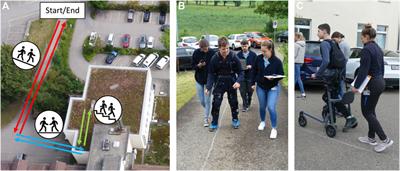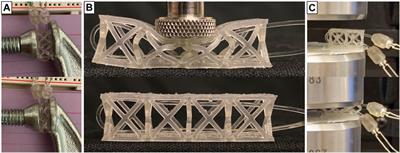EDITORIAL
Published on 02 Dec 2024
Editorial: Artificial intelligence and robotic applications for smart monitoring and assistance in healthcare services
doi 10.3389/frobt.2024.1527773
- 350 views
2,750
Total downloads
11k
Total views and downloads
Select the journal/section where you want your idea to be submitted:
EDITORIAL
Published on 02 Dec 2024
ORIGINAL RESEARCH
Published on 13 Sep 2024
ORIGINAL RESEARCH
Published on 02 Sep 2024
ORIGINAL RESEARCH
Published on 17 Apr 2024

ORIGINAL RESEARCH
Published on 13 Mar 2024

ORIGINAL RESEARCH
Published on 12 Mar 2024

